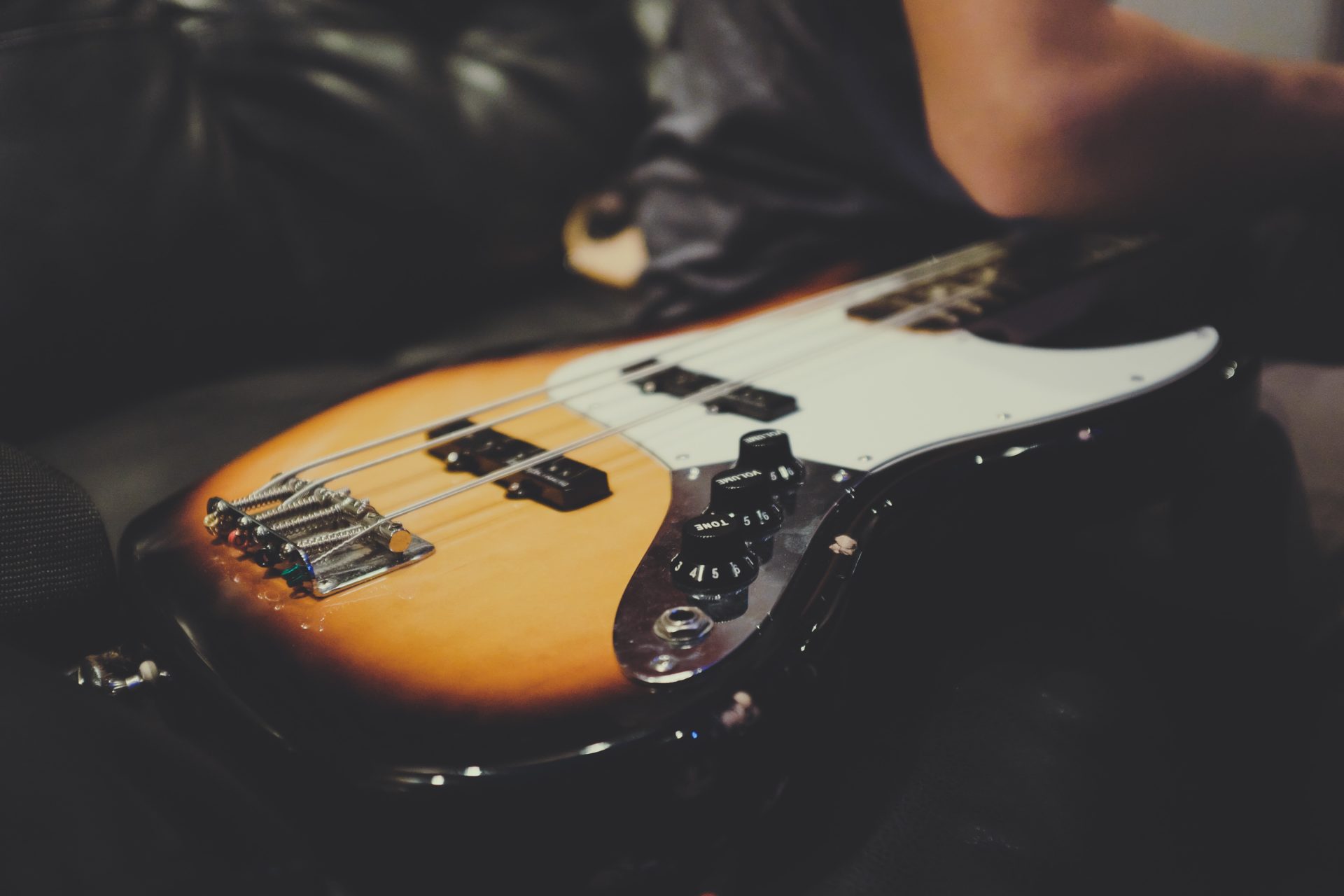The Truth About Why Your Mixes Suck
Why do you think your mixes suck? Does it suck because of the lack of acoustic treatment or the lack of quality speakers? Is your mix bad because you don’t know how you should approach mixing? Don’t you have enough mixing tricks in your arsenal? While any of these reasons might affect a little, surprisingly, most of the time the problem is not with mixing at all.
Actually the errors occur before mixing: in the recording phase. See, the problem is that we tend to focus all our effort on mixing. We look for mixing advice and think it’s the holy grail for pro sounding results. The sad truth is, that all the mixing in the world won’t save you from badly recorded tracks.
Usually the problem is with performance, tuning, old strings or drum heads, bad / wrong instruments or miking choices. You can’t get a world class sound out of cheap shitty guitar amp played through with an even worse guitar that hasn’t been maintained in ages. If the instrument doesn’t hold a tuning and it sounds crappy, how would it possibly sound good in a recording?

This stuff is not sexy. That’s why it’s not promoted. Nobody really wants to watch tutorials of how to fine tune their instruments or take the time to change strings or drum heads to make their recordings better. Nobody wants to work hard for a good sounding song. They just want to get tracks laid down as fast as they can and rush through in to the mixing phase to do the magic. As you already know, that’s not where the magic happens.
Mixing is supposed to enhance what is good, not fix what is bad. It’s a zillion times faster to re-record a bad take, than try to patch it together from several bad takes or repair it with “mixing tricks”. The solution is to get it right at the source. The key is to commit. Commit to the sounds and to the takes you’ve got. Eliminate options and stop leaving things for later.
Don’t put six mics in front of a guitar amp or a singer and hope some combination will work. Use simple miking techniques: one mic will do for both of them. Just put an effort in finding the right spot. Don’t record multiple takes just so that you can edit them later in hope of pulling a decent performance out of them. Record a great take straight away. Use a bit of editing on the fly to get it to sit just right. YES: EDIT THE TAKE RIGHT AWAY. You know you’re on the right track when raw tracks sound already like a real recording.
Commitment makes the whole process run more smoothly and you don’t have to hope that you’ve got good sounds or takes. Hope is not a very good strategy. Try to make faster decisions instead of exploring all the possible options. You’d be surprised how much quicker the tracking process becomes once you start making faster decisions and committing to them. Unlike one might think, faster decisions are not automatically worse, quite the opposite. You often get better results by making a decision, committing to it and moving forward. Try not to get stuck.

To make faster decisions, you’ve got to have a plan – a vision. How should your song sound? It doesn’t have to be a five page essay or anything, just have a big picture in your head before you start. Beginning with the end in mind, it’s much faster to put it together from the start as you already know what you’re looking for. It’s easier to choose instruments, mics, sounds and the way of playing.
So by having good maintained instruments with changed strings and drum heads, you’ll ensure that the instrument itself keeps its tuning and performs the way it should. By having the end in mind you’ll make faster and better decisions. Capture great takes and edit them right there and then if needed. Don’t leave things for later. Commit to the sounds and the takes you’ve recorded. Once you do it like this, the song is 80% finished before you even start mixing.
The best part is, that after the hard work done in recording phase, mixing becomes a breeze. You don’t have to pull rabbits out of your hat. Everything runs smoothly and you can actually focus on making artistic choices rather than just trying to fix things.
Think about it. The best audio engineers get the best raw tracks in the world. They don’t pull off crazy mixing stunts – they execute the basic mixing moves really well with their own artistic taste. People pay them because of their taste rather than their insane mixing skills. Your mixing skills might be better than you think, it’s just time to concentrate on the recording side of things. If you’re struggling to get your mixes right, consider focusing on getting it right from the source and not leaving things until the mixing phase.
To make your songs sound great from the beginning, starting all the way from songwriting, download my information packed PDF-guides:
5 Steps to Create Music Faster (..and avoid the writer’s block!)
6 Step Guide to Realistic Midi Drums
TIP: You would probably gain a lot from reading my earlier post about how to make pro mixes.
